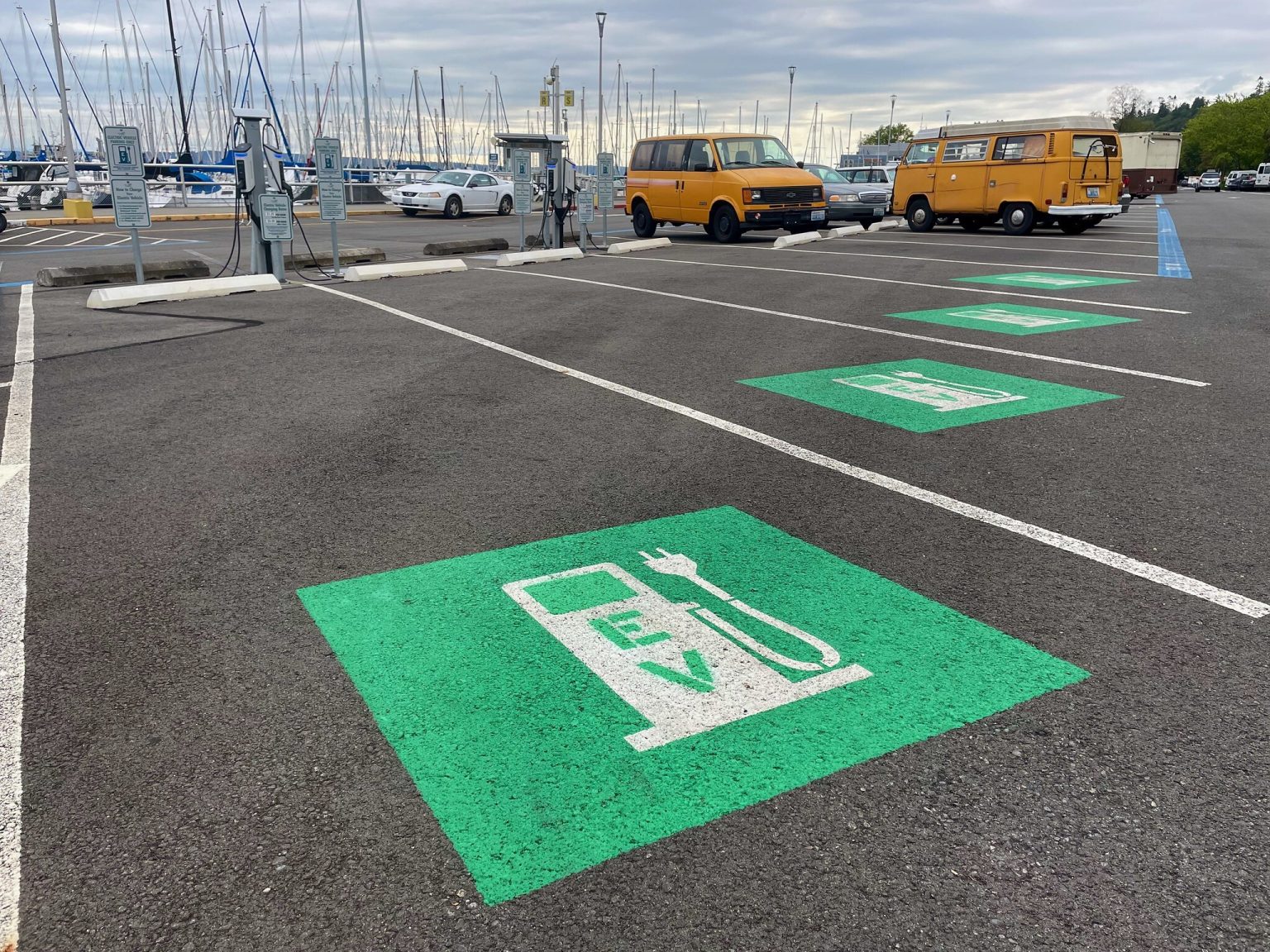Washington is actively fighting against climate change, with tech giants Microsoft and Amazon leading the charge by setting ambitious carbon reduction targets and investing in clean energy technologies. The state is home to numerous climate tech startups working on various clean energy solutions such as batteries, nuclear power, green aviation, hydrogen fuel, and more. Elected leaders in the state have committed to cutting carbon emissions and have passed significant policies to achieve these goals. However, an initiative on the November ballot, Initiative 2117, threatens these efforts by aiming to strike down regulations requiring large greenhouse gas emitters to pay for their pollution and prohibiting similar future efforts to control carbon dioxide.
The No on 2117 campaign has been launched with over $11 million in funding, with support from major businesses such as Microsoft, Amazon, REI, and more than 100 other organizations. Critics of I-2117 argue that it will harm the state’s climate technology sector and slow down decarbonization efforts across the economy. The initiative specifically targets the state’s Climate Commitment Act, which created a cap-and-invest market for carbon pollution permits that decrease over time. Supporters of the initiative claim that the climate program is akin to a hidden gas tax, raising prices for consumers at the pump and affecting electric bills.
The Climate Commitment Act has conducted several auctions so far, raising nearly $2.4 billion with funds allocated to utilities to offset costs for customers and finance climate initiatives. These funds also support job creation in the tech sector, helping climate tech companies develop decarbonization technologies. The act has boosted Washington’s role as a leader in addressing climate change, attracting federal funding and supporting innovative clean energy projects. However, proponents of I-2117 argue that the cost of the act is burdensome for residents and is leading to increased gas prices.
Opponents of I-2117 claim that the carbon market is becoming more stable and that the state is exploring partnerships with other markets to improve efficiency. While gas prices did see a temporary spike following the auction, they have since returned to normal levels, with fluctuations attributed to various factors. Critics also point out that the state has taken steps to support low-income customers with credits from auction proceeds to help with energy bills. However, the debate over the impact of the carbon market on consumers continues to be a central issue leading up to the November vote on the initiative.
The ban on future carbon cap systems included in I-2117 is a major concern for opponents, as many view these systems as vital for reducing greenhouse gas emissions. The initiative’s backers argue that if voters reject the approach now, there should not be a possibility of returning to similar policies in the future. However, those opposed to I-2117 believe that the current cap-and-invest system should be given more time to prove its effectiveness. Independent research continues to underscore the urgent need for action on climate change, with dire warnings about the escalating economic costs of inaction. Lawmakers, activists, and voters must weigh the potential impacts of I-2117 on Washington’s climate efforts and its implications for future environmental policy in the state.


